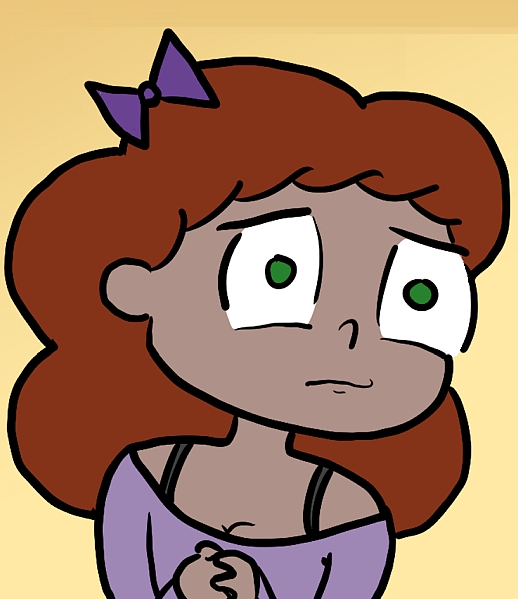- Welcome to Cook'd and Bomb'd.
-
 Swimming
by madhair60
Swimming
by madhair60
[Today at 11:06:55 PM] -
 Snooker 23/24
by Found Wound Round
Snooker 23/24
by Found Wound Round
[Today at 11:04:09 PM] -
 The All New Comics Thread...
by Mister Six
The All New Comics Thread...
by Mister Six
[Today at 11:04:01 PM] -
 The Travails of Labour - The...
by Sebastian Cobb
The Travails of Labour - The...
by Sebastian Cobb
[Today at 10:59:26 PM] -
 Trans Mania: Graham Linehan...
by Kankurette
Trans Mania: Graham Linehan...
by Kankurette
[Today at 10:57:22 PM] -
 Apple TV recommendations?
by touchingcloth
Apple TV recommendations?
by touchingcloth
[Today at 10:56:00 PM] -
 watching The Sopranos for...
by mr. logic
watching The Sopranos for...
by mr. logic
[Today at 10:54:50 PM] -
 Richie Sunak - The Decline...
by Pink Gregory
Richie Sunak - The Decline...
by Pink Gregory
[Today at 10:54:05 PM] -
 I have never listened to the...
by Tarquin
I have never listened to the...
by Tarquin
[Today at 10:52:54 PM] -
 Don't
by Pink Gregory
Don't
by Pink Gregory
[Today at 10:51:31 PM]
Members
 Total Members: 17,826
Total Members: 17,826 Latest: skinnylike
Latest: skinnylike
Stats
 Total Posts: 5,584,233
Total Posts: 5,584,233 Total Topics: 106,752
Total Topics: 106,752 Online Today: 1,514
Online Today: 1,514 Online Ever: 3,311
Online Ever: 3,311- (July 08, 2021, 03:14:41 AM)
Users Online
 Users: 97
Users: 97 Guests: 877
Guests: 877 Total: 974
Total: 974 Stoneage Dinosaurs
Stoneage Dinosaurs Retinend
Retinend Jerrykeshton
Jerrykeshton Proactive
Proactive sarahzxcv
sarahzxcv greenman
greenman Tarquin
Tarquin non capisco
non capisco Church Ghosts
Church Ghosts Buelligan
Buelligan Old Thrashbarg
Old Thrashbarg Armin Meiwes
Armin Meiwes Dex Sawash
Dex Sawash MarkSymes
MarkSymes katzenjammer
katzenjammer Cold Meat Platter
Cold Meat Platter dazed_and_bemused
dazed_and_bemused BlodwynPig
BlodwynPig username500
username500 Tiggles
Tiggles Pavlov`s Dog`s Dad`s Dead
Pavlov`s Dog`s Dad`s Dead poloniusmonk
poloniusmonk Chairman Yang
Chairman Yang JesusAndYourBush
JesusAndYourBush Kankurette
Kankurette canadagoose
canadagoose Johnny Van Axel Dongen
Johnny Van Axel Dongen Found Wound Round
Found Wound Round Mister Six
Mister Six FredNurke
FredNurke druss
druss Wayman C. McCreery
Wayman C. McCreery machotrouts
machotrouts H-O-W-L
H-O-W-L DelurkedToHelp
DelurkedToHelp Quote
Quote Tread
Tread checkoutgirl
checkoutgirl Kelvin
Kelvin BeardFaceMan
BeardFaceMan DreadedScotsman
DreadedScotsman RicoMNKN
RicoMNKN trevorpogo
trevorpogo Pseudopath
Pseudopath Adn
Adn AVH
AVH Bleeding Kansas
Bleeding Kansas Operty1
Operty1 daf
daf Norton Canes
Norton Canes bollocks
bollocks David Pielingtonburygrot
David Pielingtonburygrot shennners
shennners DocDaneeka
DocDaneeka Mr_Rich
Mr_Rich StupidSexyPerro
StupidSexyPerro mr. logic
mr. logic Tombola
Tombola Too bad, YOU, will DIE.
Too bad, YOU, will DIE. Goldentony
Goldentony phes
phes Tikwid
Tikwid Small Potatoes
Small Potatoes robotam
robotam Pink Gregory
Pink Gregory neveragain
neveragain Blumf
Blumf mrsleepy321
mrsleepy321 thugler
thugler Thursday
Thursday Queen Peach
Queen PeachRussian Doll - series 2 [split topic]
Started by StewartLeehaslethimselfgo, April 20, 2022, 10:37:40 AM
Previous topic - Next topic
User actions

